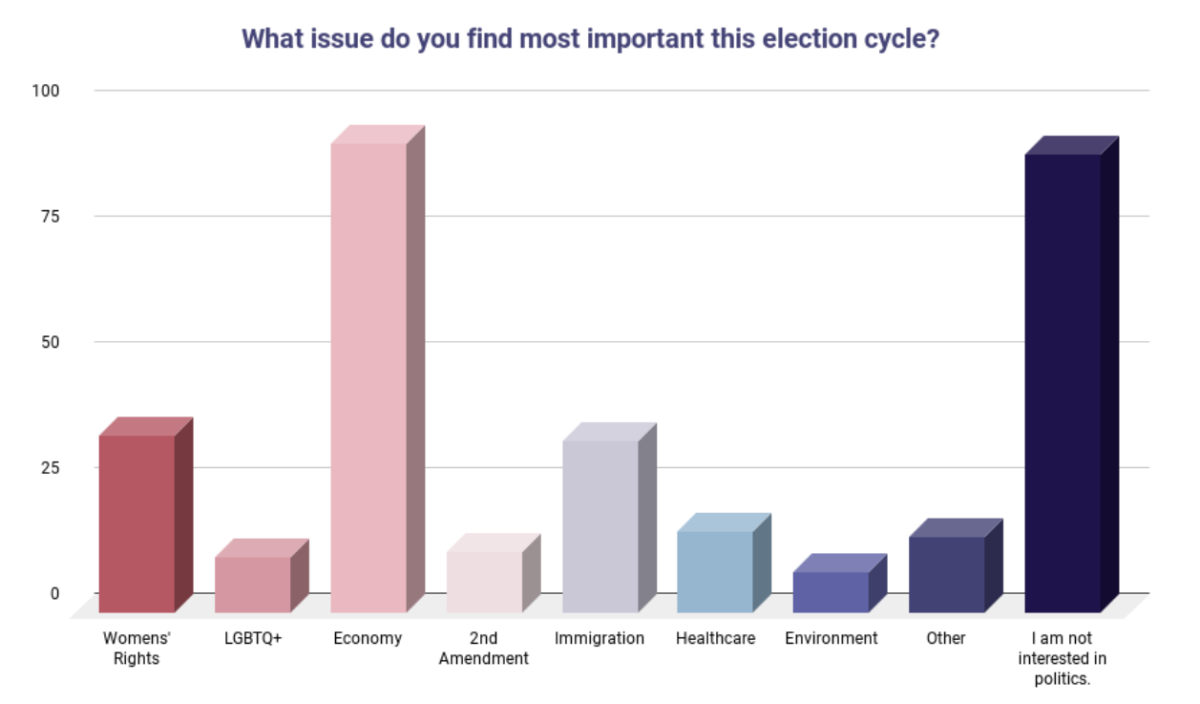Students explore vegetarian dietary habits
The images flashed across the screen.
Sick piglets thrown against the hard concrete slab on the slaughterhouse floor. Forklifts operated by muscled workers impale a helpless mother cow, flinging her across the slaughter house. Turkeys raised so fat that they cripple under their own weight.
Sitting at her computer, senior Lindsey Watson watched in horror at “If Slaughterhouses had Glass Walls,” an investigative documentary narrated by Paul McCartney. With an inside look into some of the tragedies animals face in slaughterhouses across America, the video moved Watson. At that very moment, she made a decision not only for herself, but the animals in the video, that she would become a vegetarian.
“I never realized how brutal it is,” Watson said. “I just thought they killed them and we ate them. I never realized the process of it all. The video made me cry. It made me sick to my stomach.”
Along with the treatment of animals, Watson also looked into the health benefits of being a vegetarian. By eating fruits, vegetables and mock meats, fake meats made with vegetables, a healthy protein-filled diet can be met.
“I’ve lost 15 pounds becoming a vegetarian and I became more energetic and just better all around,” Watson said. “I don’t take any supplements or anything different when it comes to getting my proteins and vitamins. I don’t have to do much to stay healthy.”
In a society where meat is a central part of the diet, Watson said it’s sometimes difficult sticking with her strict diet. After a year of being a vegan where she could not eat any animal-based products like eggs or milk, Watson recently switched to a vegetarian lifestyle where dairy is allowed.
“People started to think I was a vegan extremist and started to look down on me,” Watson said. “People wouldn’t judge me as much if I was just a vegetarian so I just decided I would benefit more.”
School nurse Kathy Saucedo said that vegetarianism could be a healthy diet depending on which vegetarian foods they choose to eat.
“Cookies are vegetarian, but depending on whether you eat a gallon of ice cream or a salad, that’ll reveal how healthy the diet really is,” Saucedo said. “You really have to have good self-discipline. If it’s a parent’s choice for a child, the child would have to be closely monitored when growing and getting nourishment.”
Sophomore Shailavi Jain has lived with her vegetarian diet since birth. Growing up under Jainism, an Indian religion which believes in non-violence, Jain was raised to not kill animals just for human consumption.
“I don’t even have to think about giving anything up because it’s how I was raised,” Jain said. “It’s kind of like when you haven’t had something, you don’t know what you’re missing, so you don’t want it. I’m not sacrificing anything.”
However, Jain faced pressure in elementary school because of her diet. Walking in to the lunchroom, children surrounded her, not understanding her family’s choices in diet.
“Whenever I was little it was hard to live here because people didn’t understand why I wouldn’t eat meat and I would get made fun of,” Jain said. “People would shove meat in my face trying to get me to eat it, but I would just walk away.”
While Jain has been a vegetarian since birth, Watson only began a year ago. By making the sudden decision to convert her eating habits to something more animal-friendly, she’s sometimes been ridiculed from high school students as well.
“It’s really annoying how people try to change me to eating meat,” Watson said. “I’m not trying to change the world by making them stop eating meat. Humans have been eating meat for hundreds of years and it’s a ritual that’s not going to change. I would just appreciate some more respect from people for being different by being a vegetarian.”
The taste of meat still taunts Watson, but her morals and personal choices overpower temptations. She said her lifestyle choice has only been positive.
“Sometimes I forget I’m a vegetarian when I smell something I used to eat like chicken,” Watson said. “When I smell it I want it, but then I realize the process the meat goes through and it makes me sick. I realize what I would be putting in my body and what kind of bad processes I would be promoting.”




